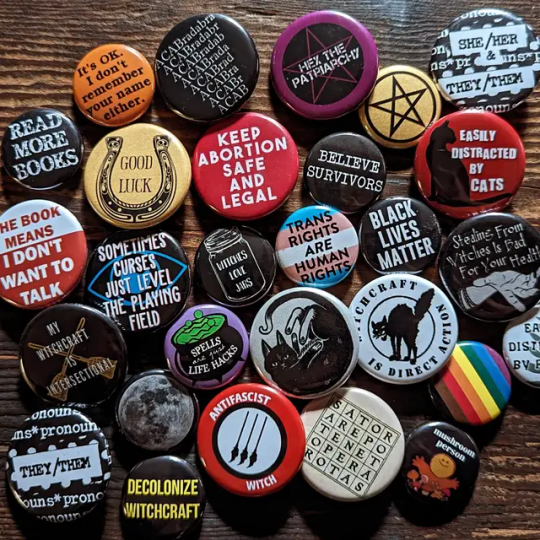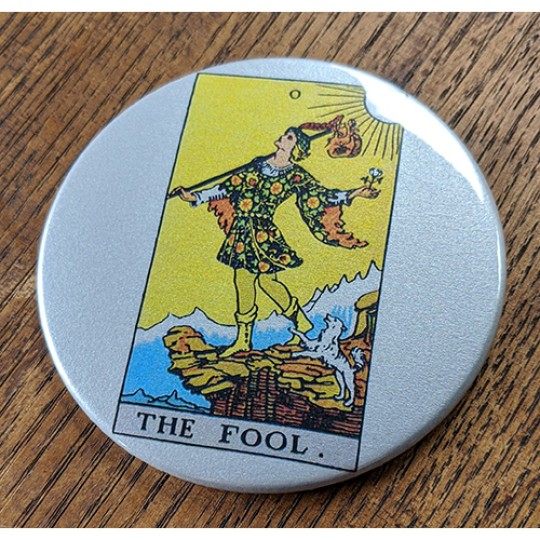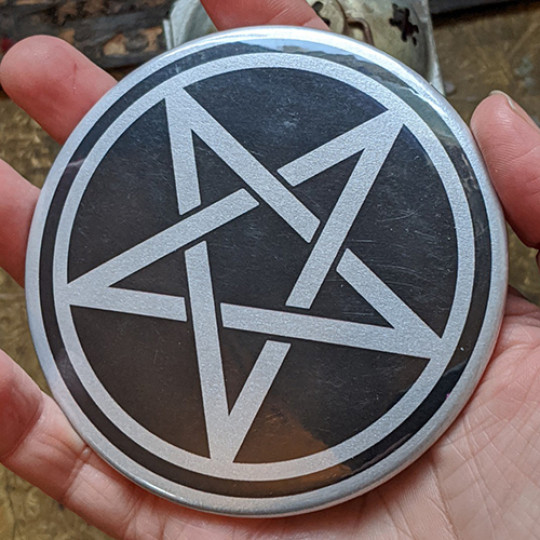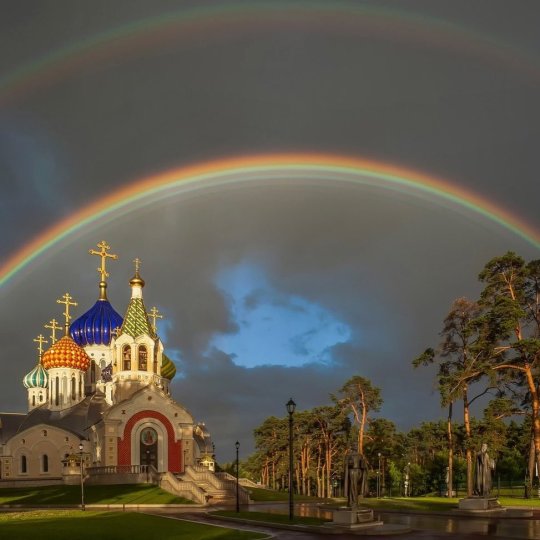it/its. my main is arc-angel-o. this is my side blog for everything religion! i have another, characters-veiling. i'm a veiling omnist quaker & unofficial muslim worshipping hestia and the moon. i reblog more witchcraft than i practice it. culturally wiccan. pfp is andrey shishkin's yarilo, header is by chris cook.
Last active 60 minutes ago
Don't wanna be here? Send us removal request.
Text

Angela Barrett- Illustration for Joan of Arc
87 notes
·
View notes
Text
Hello my friend, my name is Jaafar from North Gaza, I am 24 years old, and finally after waiting for a whole year of killing, displacement, hunger, massacres and genocide against us, the time for a ceasefire has come, thank God we are still alive after all the exhaustion, and during the next week we will return to our homes in North Gaza, which was completely destroyed, unfortunately our area was completely and brutally destroyed and we have nothing left, neither a home, nor property, nor furniture, nor clothes, nor any other clothes, I know that returning to the north will be very painful and difficult due to the lack of the necessities of life, and we will start building our lives from scratch, but we are happy for the war to end.




Please 🙏, donate to my campaign to save my family, even a small amount will help us stabilize ourselves a little, and buy some supplies 🥹, I hope that God will protect your family and friends, thank you 🥰🩵
✅️Vetted by @gazavetters, my number verified on the list is ( #299 )✅️
983 notes
·
View notes
Text










Just a reminder that all of our designs are available as 1", 1.25", or 2.25" pinback buttons, magnets, or keychain bottle openers. A few of our designs are also available as hand mirrors.
Check out our selection of almost 200 designs available in the Spiral House Shop at Portland Button Works!
388 notes
·
View notes
Text
Sometimes I see Zen Buddhism, specifically, mentioned in the same breath as Shinto as a particularly historically influential and quintessentially Japanese religious tradition. But that perception is honestly inflated and vastly more influenced by The West™'s familiarity with Zen aesthetics than historical reality.
Zen derives from the mainland Chán tradition. And although Japanese Zen thinkers like Dōgen and Eisai were certainly innovative in their own right, Sōtō Zen and Rinzai Zen were attempts at importing the Cáodòng and Línjì traditions from China, not at innovating entirely new ones.
The most enduringly popular form of Buddhism in Japan even to this day is Pure Land, and in particular Jōdo Shinshu. And the most uniquely Japanese one is Nichiren.
15 notes
·
View notes
Text
i don't know what gay draping themselves sensually while bleeding out needs to hear this but st sebastian survived the arrows. let yourself be tended to and let the holes scar over. we have work to do. you need to harangue every empire in your path, to prophesy to your archers. you must become irene and nurse others bleeding back to health. yes spoiler alert we'll all be beaten to death if we keep it up but so it goes. we've never claimed to have a practical religion, just one that looks good suffering in paintings and then comes back to life. the second bit is longer and harder than the first. may as well start today
1K notes
·
View notes
Text



You can now find huge tapestry blankets of the Cat in my shop at Etsy (link in bio). Guaranteed to keep you warm through winter! (Or hang on a wall, because it looks cool like that too). 100% cotton, woven in the USA! They are even machine washable!
26 notes
·
View notes
Photo

Kolkata, India: A Muslim girl participates in a mock fight during a Muharram procession in remembrance of the martyrdom of Imam Hussein, the grandson of the prophet Mohammad.
Photograph: Bikas Das/AP
135 notes
·
View notes
Photo

Inlay depicting the Ancient Egyptian God Sobek – Wikipedia
1K notes
·
View notes
Text
“Is it ever acceptable to be angry at God? I would suggest that it is not only acceptable, it may be one of the hallmarks of a truly religious person. It puts honesty ahead of flattery.”
— Harold S. Kushner (via gayjewish)
4K notes
·
View notes
Text
cemeteries aren't creepy they're actually devoted to memory and rest and love and humanity
59K notes
·
View notes
Text
"Medieval Christians would have gone nuts for protons, neutrons, and electrons for trinity reasons" sounds like a jokey oversimplification historypost but I cannot really articulate how true that is. They would never shut up about it.
4K notes
·
View notes






